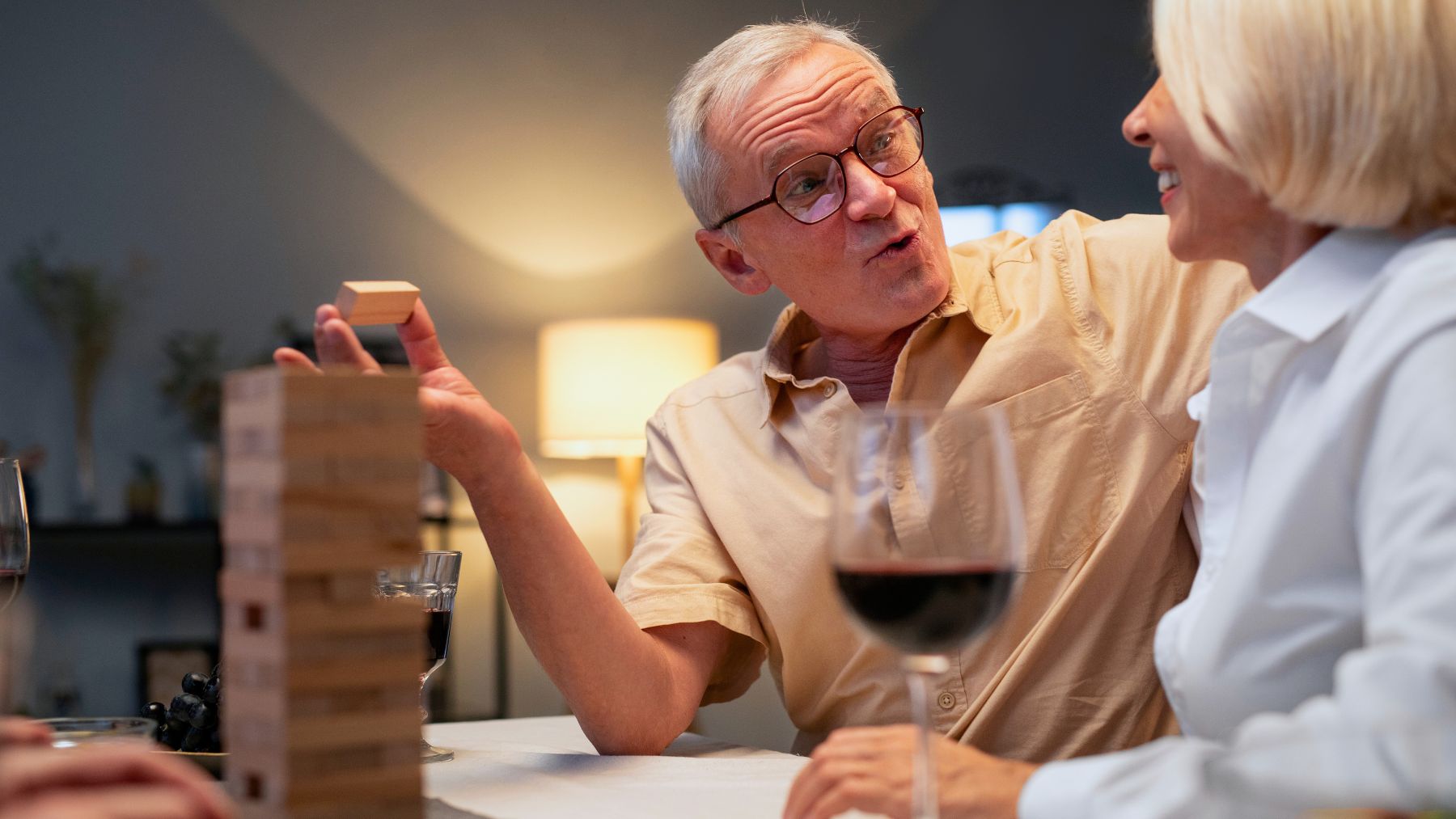Mental exercises like crosswords and word searches are great for keeping the brain active. But if you’re over 60 and looking to improve coordination and hand steadiness, there’s another hobby worth trying, one that works both the mind and the body in a simple, enjoyable way.
That hobby is darts. It’s easy to set up, fun to play alone or with others, and great for developing fine motor control, focus, and reflexes. Here, we’ll look at how darts can benefit older adults and suggest a few other activities that support similar physical and cognitive skills. Let’s get started.
Darts: a top hobby for seniors to improve coordination
Darts may look like just a pub game, but it’s actually a precise, controlled activity that supports a range of skills seniors can benefit from. Playing involves aiming, timing, and adjusting force, all movements that strengthen coordination between the eyes and hands. With repeated play, you can find improvements in steadiness, accuracy, and focus.
The rules are simple: players take turns throwing small, pointed darts at a circular target divided into numbered sections. Scores depend on where the dart lands. It can be played casually or more competitively, but the goal remains the same: controlled motion with a purpose. That helps reinforce balance, grip strength, and hand-eye coordination, all of which are important for daily activities like pouring, writing, or handling small objects.
Darts also encourage concentration and mental engagement. Players must track scores and make decisions about where to aim, all while staying calm and steady. It’s a low-impact task that doesn’t require fast movement or physical strength.
In group settings, this game also offers a social benefit. Friendly matches or casual games promote connection and light-hearted interaction, which can ease feelings of isolation. Whether played indoors at home or as part of a senior center activity, it’s one of those hobbies that supports both physical dexterity and social enjoyment.
Other hobbies for better coordination after 60
If darts isn’t your thing or you’re looking to add more variety, there are other hobbies with similar benefits. These activities are simple, adaptable, and great for maintaining coordination, balance, and hand control.
- Ring toss: This classic game requires aiming and controlled throwing, much like darts. It can be played indoors or outdoors and is easy to adjust in difficulty by changing the distance or target size.
- Mini-golf: A fun activity that helps improve balance, aim, and coordination. Many communities in the US have accessible courses, and it adds the bonus of light walking.
- Bean bag toss (cornhole): A favorite at gatherings, cornhole uses soft bags and wooden boards with holes as targets. It improves timing, precision, and upper body control without requiring intense effort.
- Ball passing games: Passing or gently throwing a ball in a seated or standing circle helps with reaction time and hand-eye coordination. You can add memory or movement challenges for extra stimulation.
Improving coordination after 60 doesn’t have to be intense or involve formal training. Activities like darts and the hobbies listed above offer meaningful ways to stay sharp and steady, while having a good time doing it. Small, consistent efforts through play can go a long way in supporting everyday movement, independence, and confidence.
